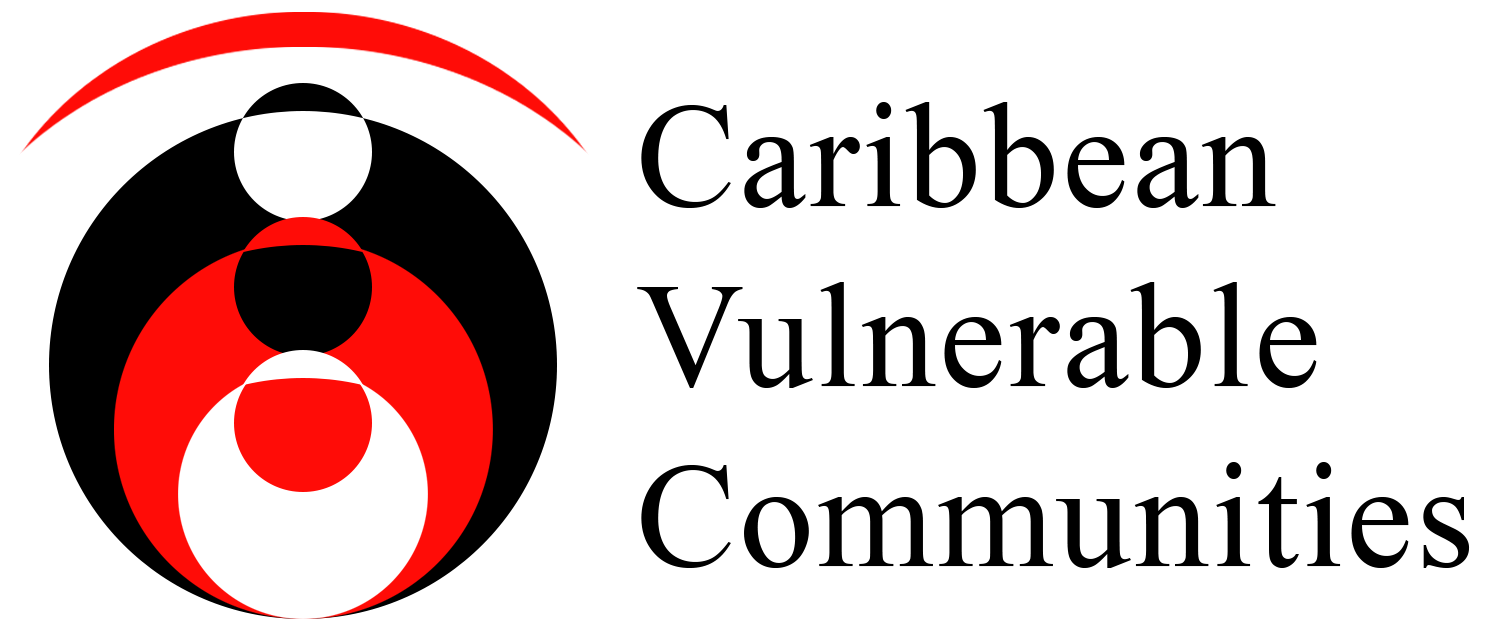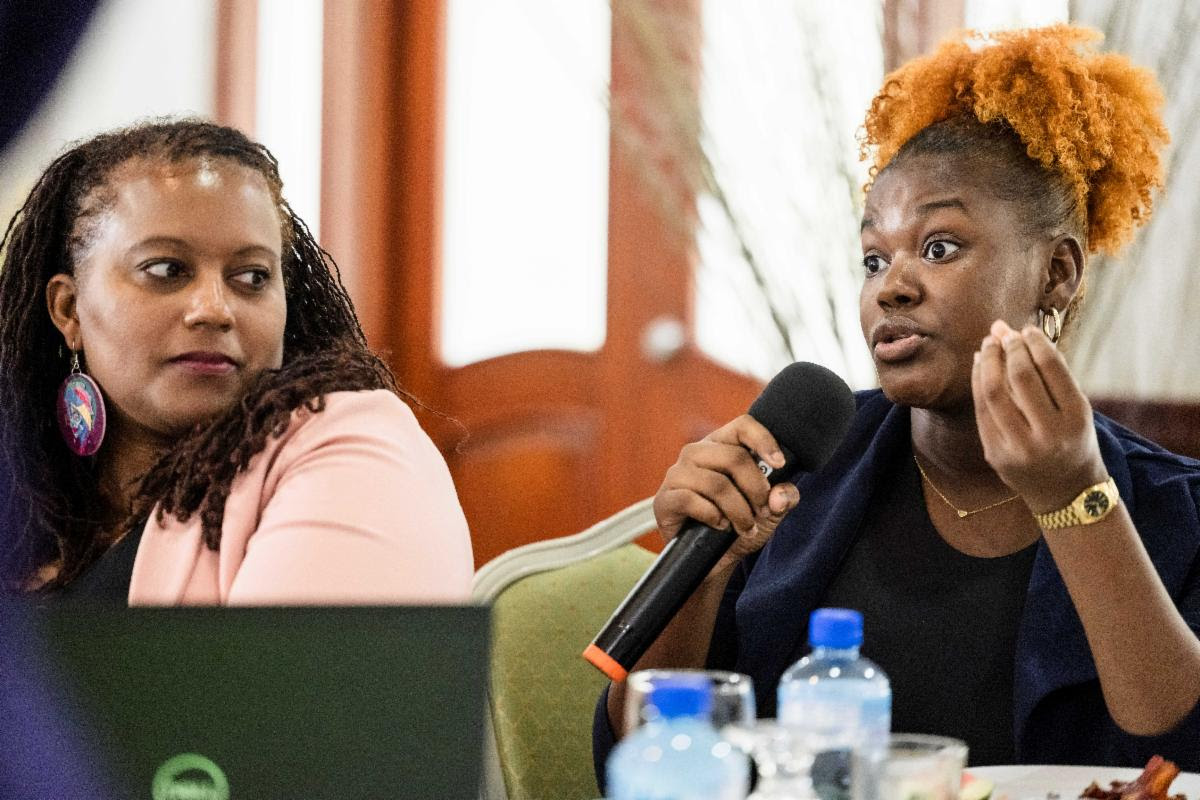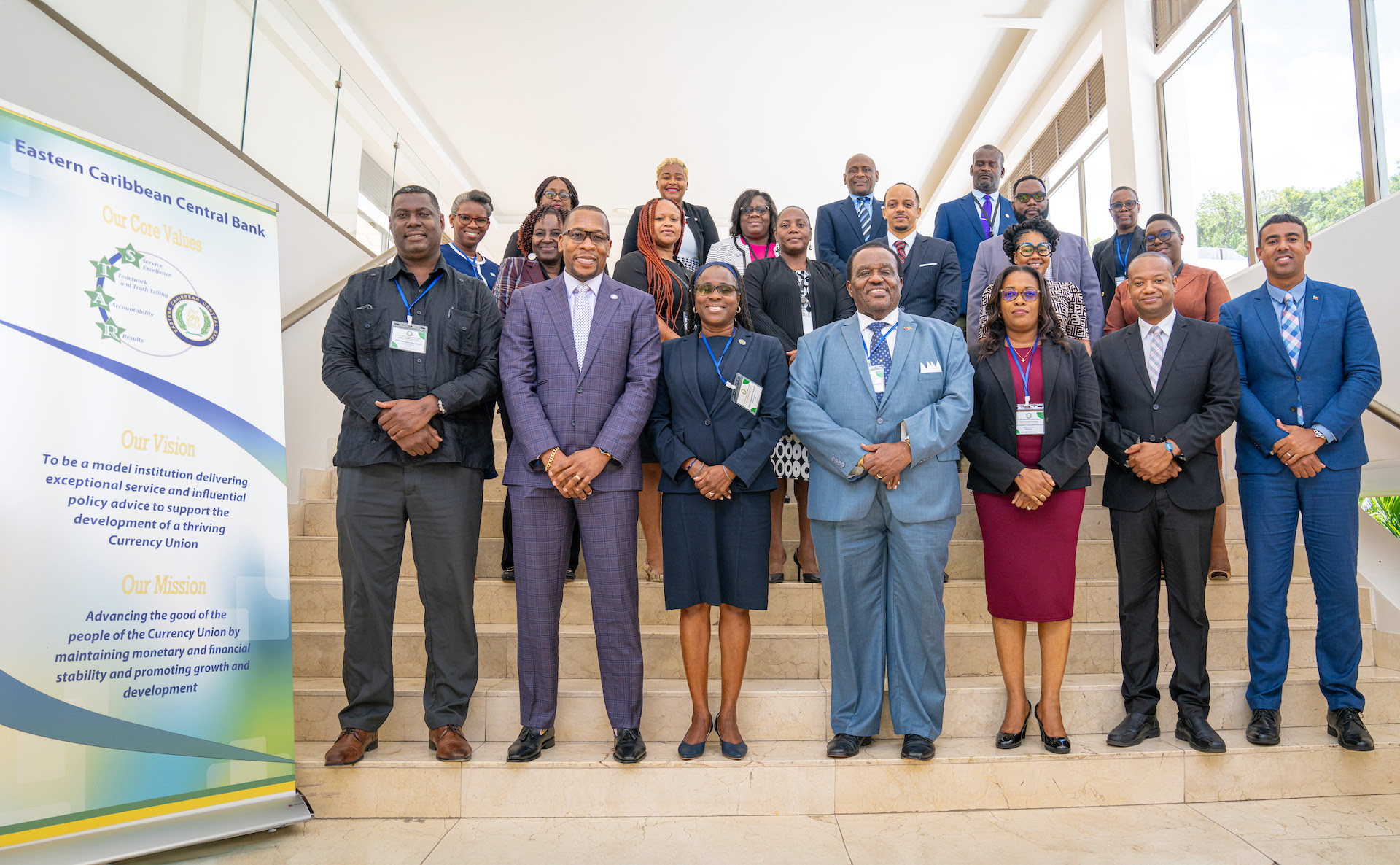The Haitian government is seeking help from the International Monetary Fund to protect the people of Haiti from the impact of the rapidly evolving global COVID-19 pandemic, and to prevent the further spread of the virus.
“Like many countries, Haiti’s serious economic challenges have the potential to be significantly compounded by the devastating effects of COVID-19, said Kristalina Georgieva, Managing Director of the International Monetary Fund (IMF).
“In the context of adverse global developments, Haiti is facing financing constraints which complicate the provision of the most basic healthcare measures and will require the support of international stakeholders.
“In light of the urgent need to step up action to protect the Haitian people and the economy, the authorities have requested our financial support through the Fund’s Rapid Credit Facility .
“On approval of this emergency financial tool, it will provide financing in support of policies that would direct funds swiftly to Haiti’s most affected sectors, including the healthcare system, to bolster the initial response to COVID-19.
“Our IMF staff team is working expeditiously to respond to this request so that a proposal can be considered by the Fund’s Executive Board in the coming weeks. Our IMF staff team is working expeditiously to respond to this request so that a proposal can be considered by the Fund’s Executive Board in the coming weeks.
“Our objective is to provide rapid support to help Haiti address the effects of a mounting health crisis and support spending on health and social benefits to limit the human costs of COVID-19,” Georgieva added.
Coronavirus exposes precarious living conditions in Haiti
Governments around the world have recommended social distancing to stop the spread of coronavirus. That’s a tougher sell in Haiti, where millions must venture out to public markets each day to buy food.
In a country where over half the population lives on less than $2 dollars per day, the spread of coronavirus has made life even more precarious, months after anti-government protests ground normal life to a halt.
“Haitian people live daily,” said Kerventz Sylus, a 25-year-old foreign language instructor who lives in Thomassin, a mountainous suburb outside Port-au-Prince.
“As a teacher when school is closed now, I’m not going to get paid, I stay home. And the government doesn’t tell what it’s going to do for the private (school) teachers,” he added, in response to government-mandated school closures due to coronavirus.
Even before the first coronavirus case was diagnosed in Haiti, people began stocking up on food. Earlier this month, Sylus recounted seeing long lines at a public market in the Delmas 95 neighborhood. Vendors, he recalled, were completely sold out within six hours.
The worst fears of many Haitians were realized when the country recorded its first two positive cases of coronavirus on March 19. By March 24, the number of confirmed cases had risen to six and climbing daily.
Food prices began skyrocketing well before then, aggravating the country’s economic circumstances, as people used whatever means they had to purchase essentials. Large sections of the diaspora, which sends about $2 billion per year in remittances so Haitians can buy basic goods, have seen their own livelihoods impacted by the economic slowdown coronavirus has wrought in the U.S. and elsewhere.
In addition to cost-of-living increases, coronavirus is “laying bare the existing gaps within Haiti’s current health system capacity” and demonstrating the need for more investment in social services, according to Franciska Lucien, executive director of the Institute for Justice and Democracy in Haiti (IJDH).
Medical professionals have cited shortages of the equipment necessary to contain the virus and treat patients.
Haiti’s government closed its border with the Dominican Republic ‒ a major source of food imports ‒ before recording its first coronavirus cases and halted all commercial air travel after March 19. President Jovenel Moise ordered all schools, factories and airports to halt operations. He also issued an 8 p.m. to 5 a.m. curfew and banned gatherings of over 10 people.




